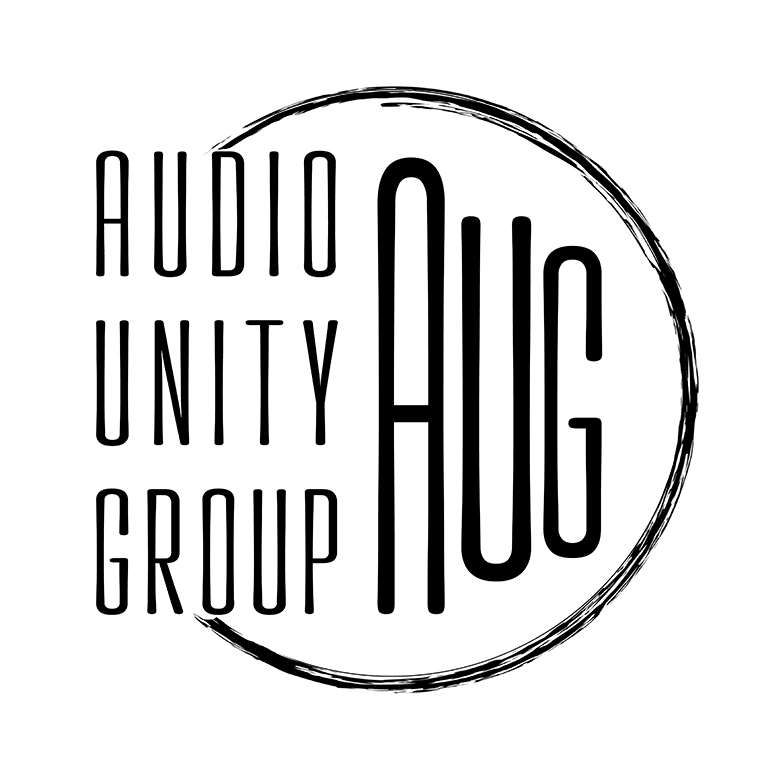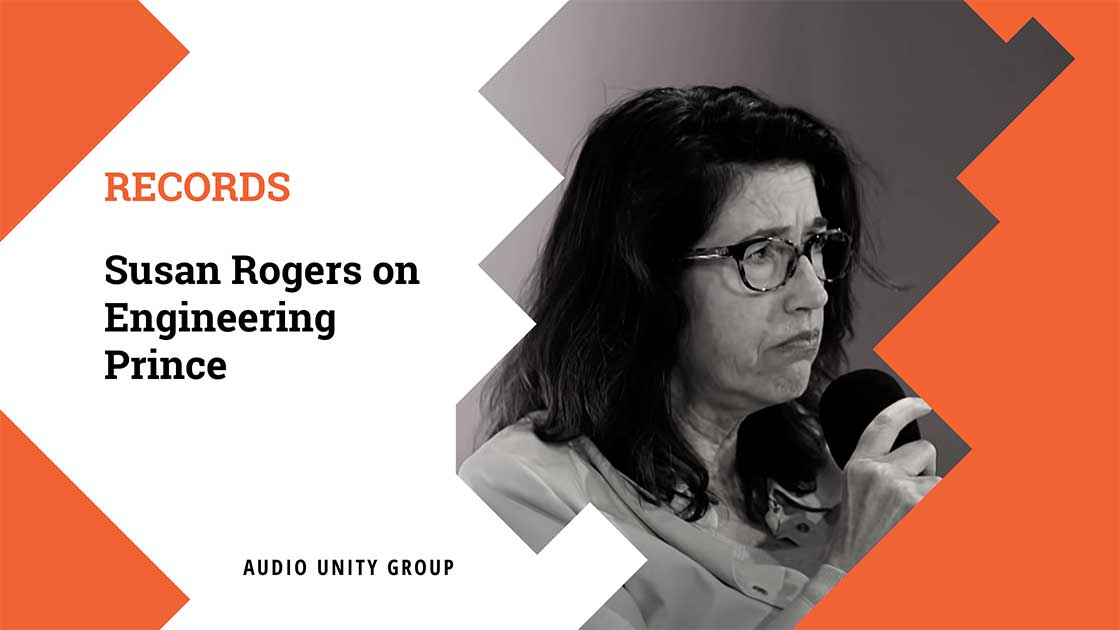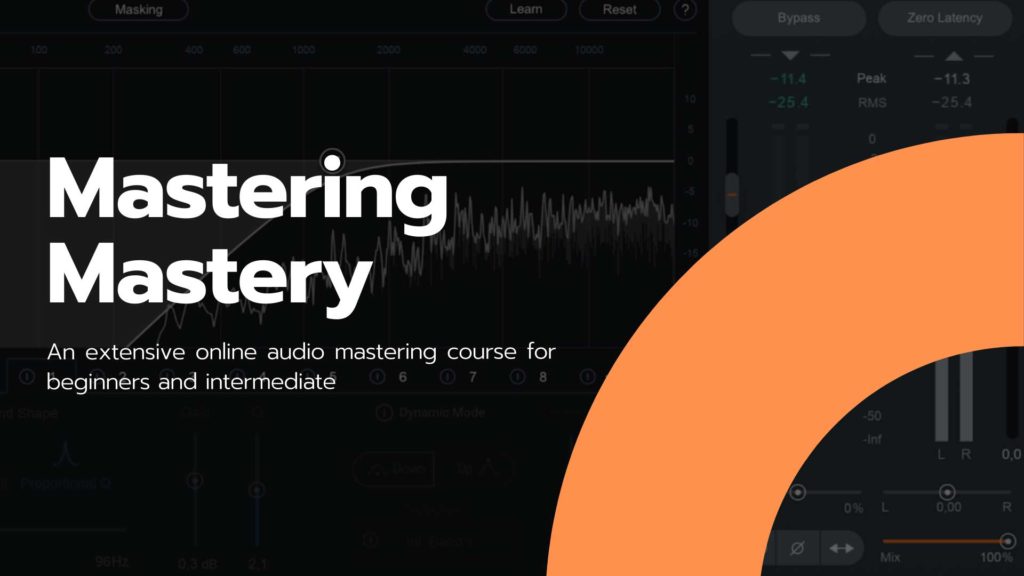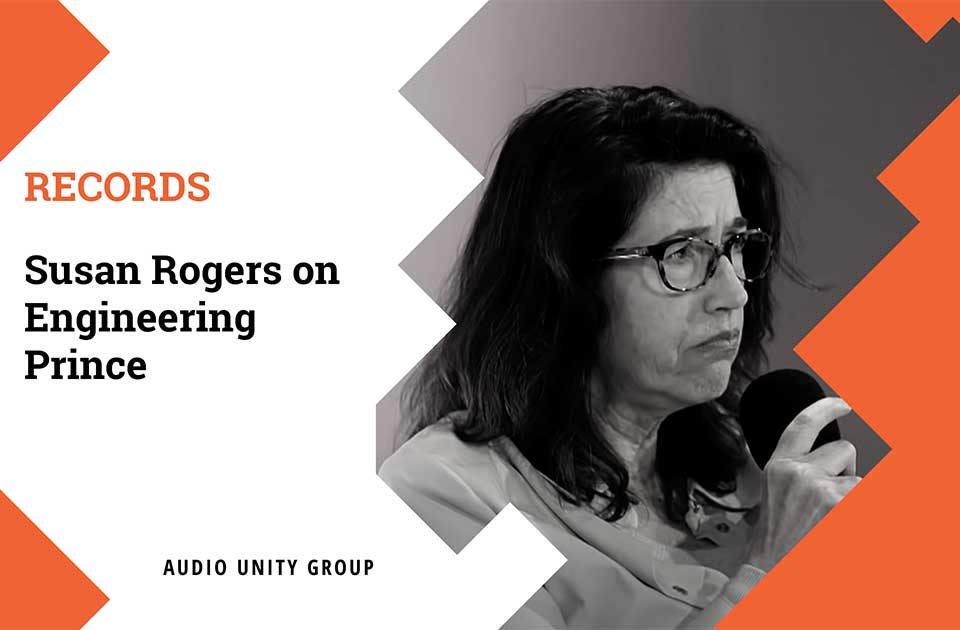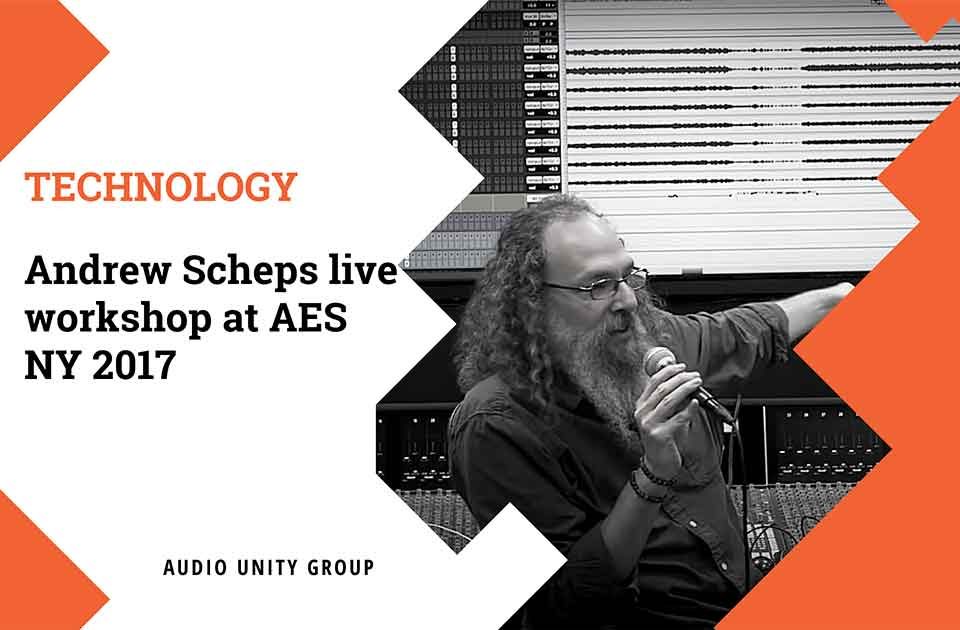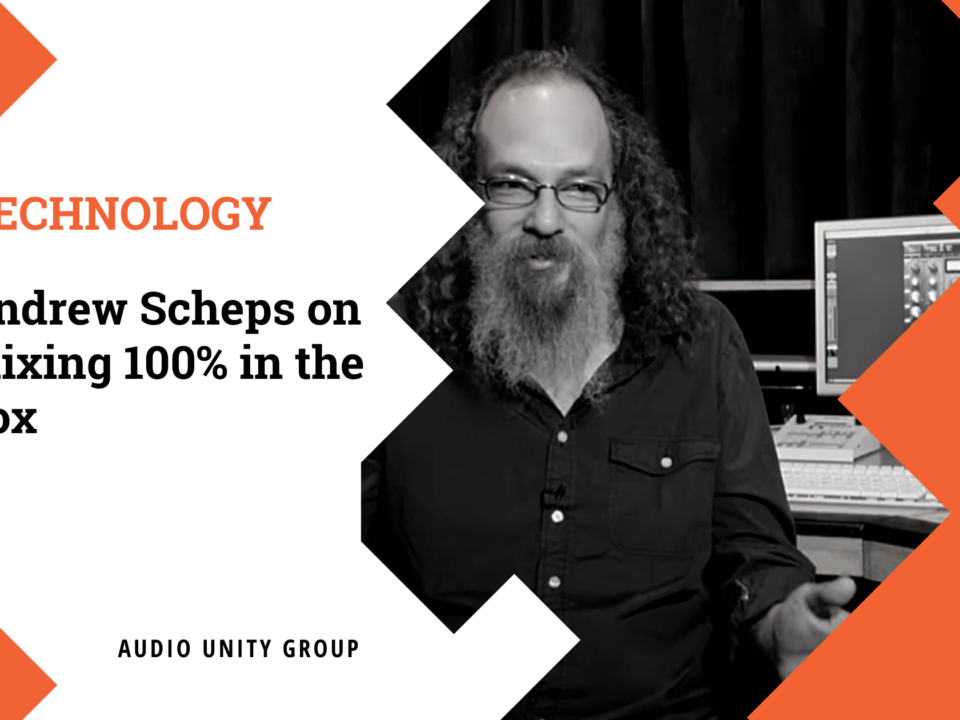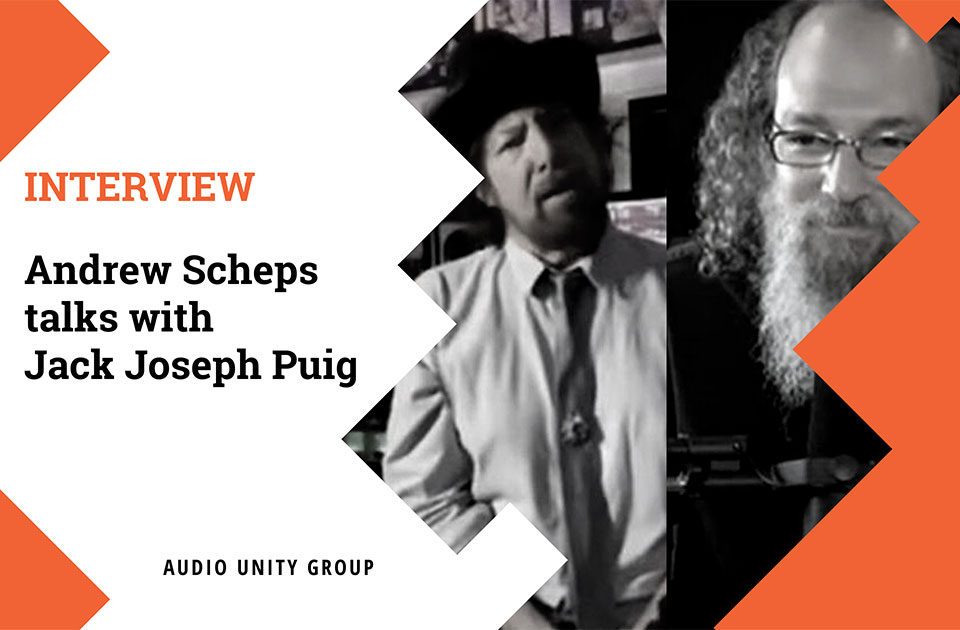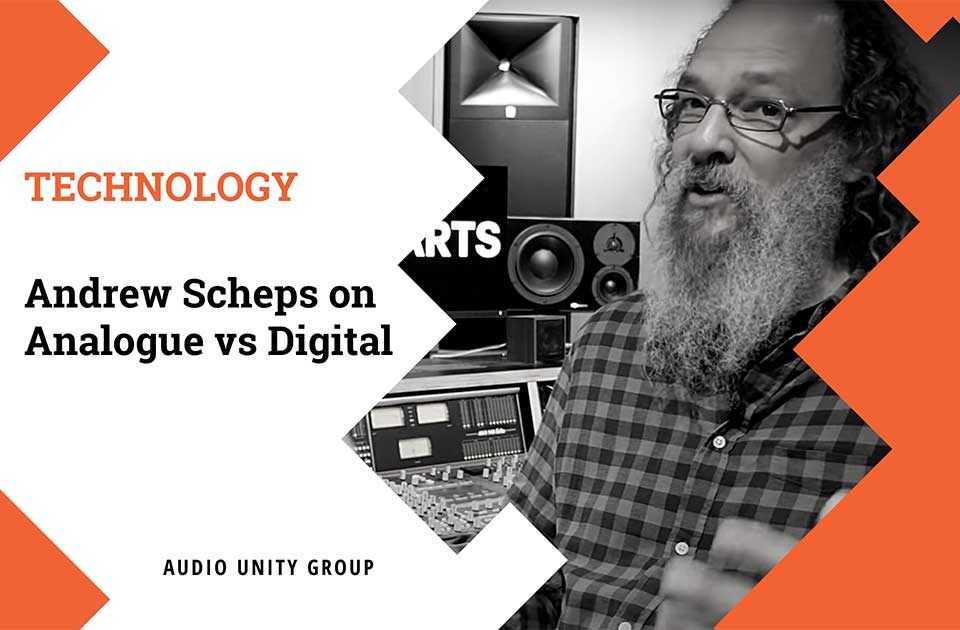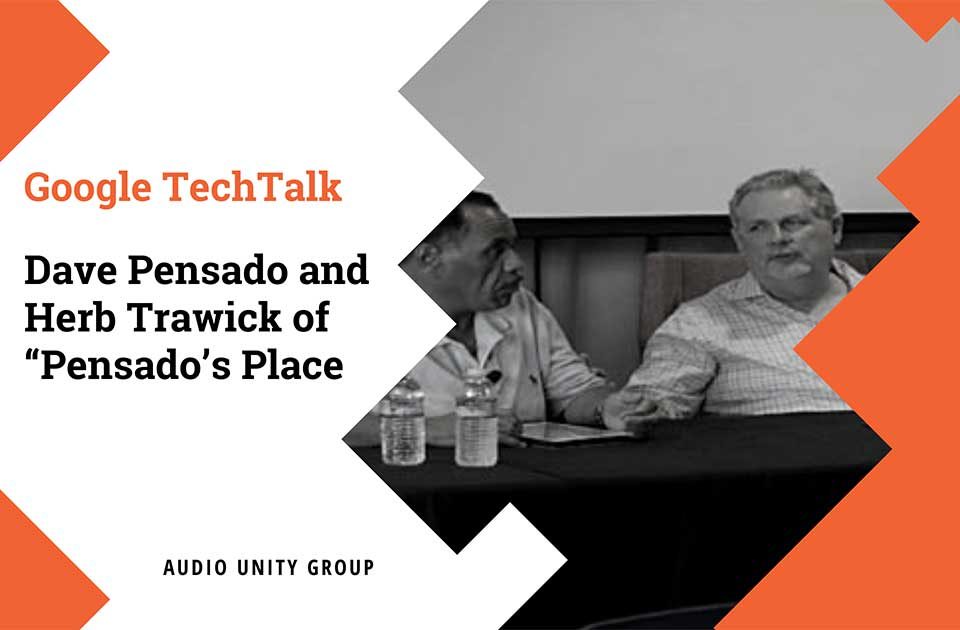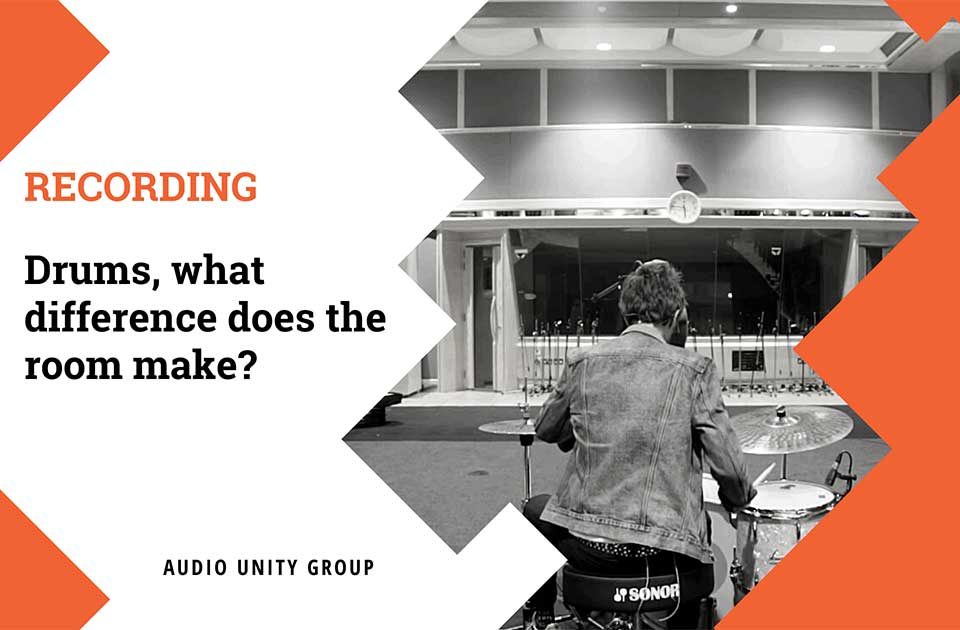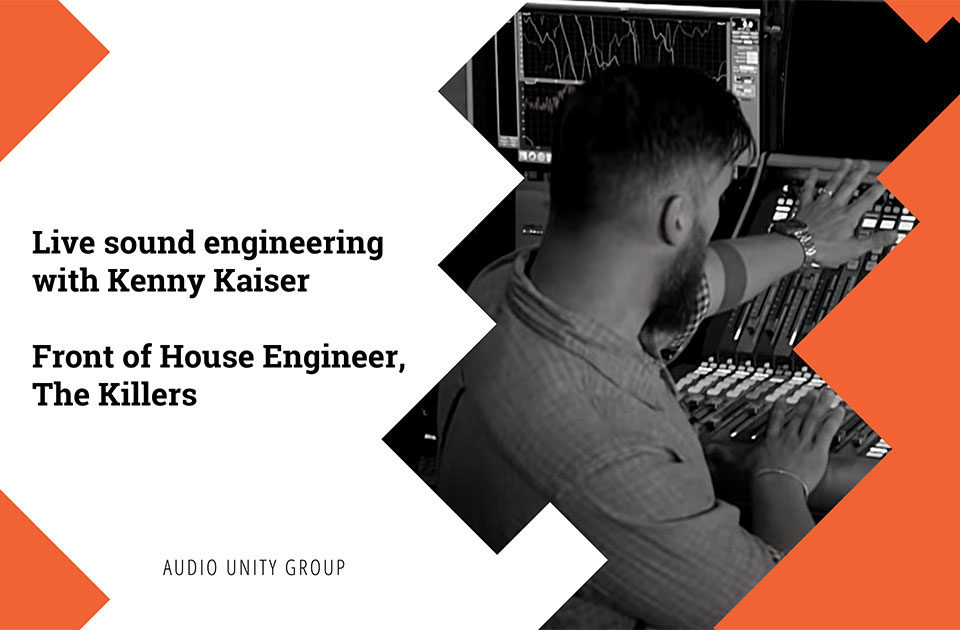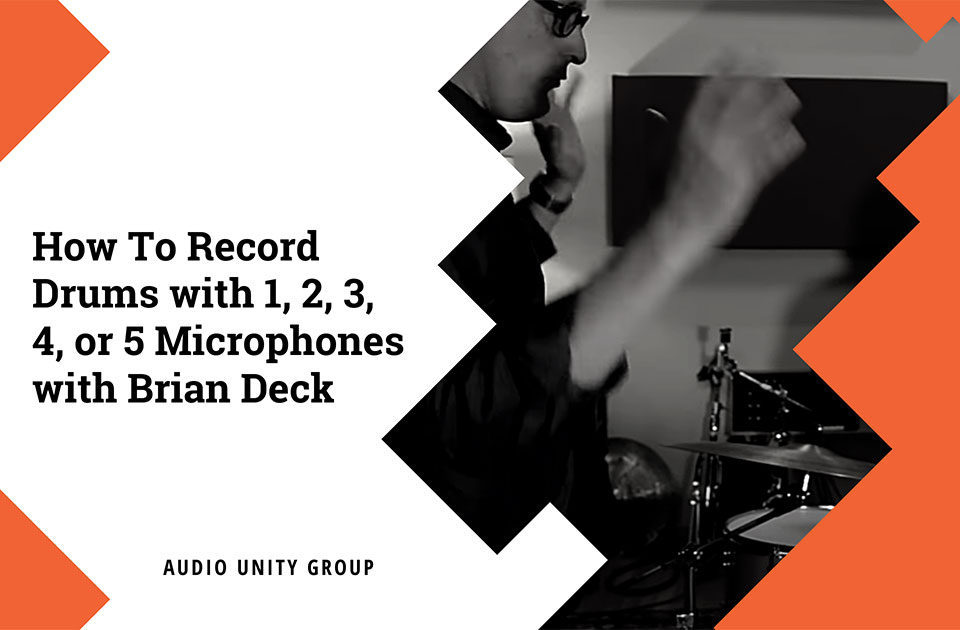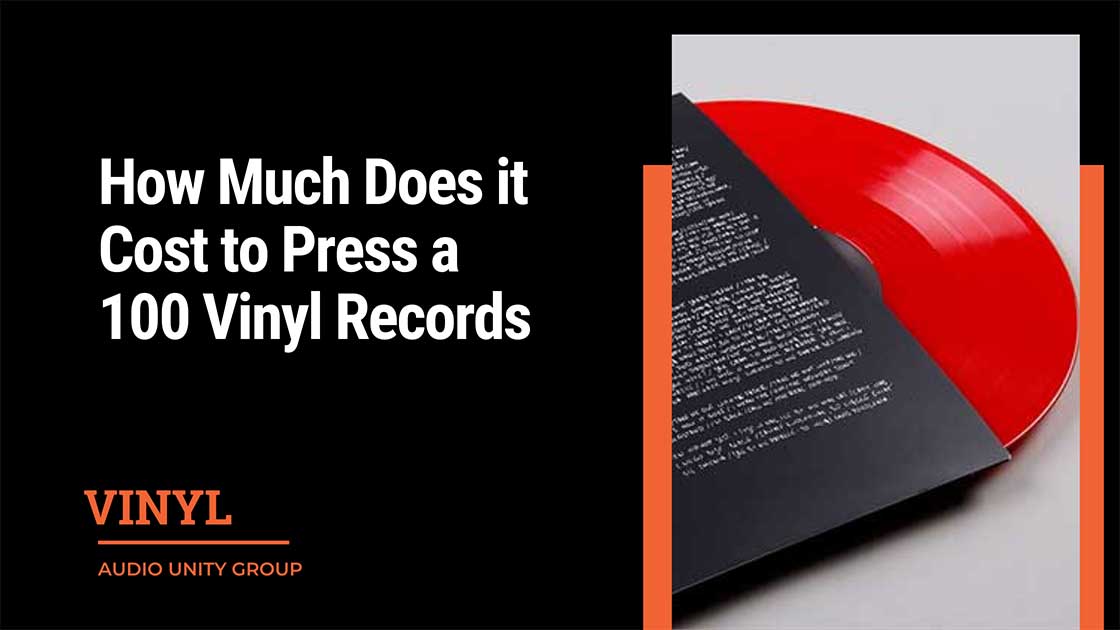
How much does it cost to press 100 vinyl records
July 22, 2021
How much does it cost to press a 12 inch vinyl?
January 26, 2023Should you go to audio school if you want to make a career as an audio engineer?
Should you go to audio school if you want to make a career as an audio engineer?
Transcript:
[00:00:00.310]
Hey, friend Graham here from Recordingrevolution.com. The question today is, is it worth it to go to audio school? I know a lot of you are doing audio, and recording is more than just a hobby. You see this as your future want to do this for a living. You’re passionate about it, you’re getting good at it, and you’re talented and you’re figuring out what’s the next step.
[00:00:23.470]
How do I make money off of this? How do I turn this into my job so I can quit what I’m doing for a living, or I’m about to go to school and I’m not sure if I can go to audio school. I mean, many of you have gone back to school, so it doesn’t matter what age you’re at. This is a question that comes up a lot. And now, as someone that went to audio school for your degree and does audio for a living, I get the question a lot.
[00:00:45.080]
I have gotten the question a ton over the last ten years, since I’ve been doing this stuff online. And so I thought I’d break down my opinion, which is my channel. So you’re going to get my opinion, and I’m going to give you some thoughts on Is audio school worth it? Okay, preface my opinion. You’ll have to agree.
[00:01:02.310]
That’s totally cool. But you ask. So here it comes. First thing I will say is you do not need a degree to do this for a living, period. You just don’t.
[00:01:14.040]
This business is all about results. Nobody cares where you went to school. Nobody cares if you went to school. Nobody knows if you went to school. It’s just a nonissue.
[00:01:27.860]
What matters, though, is, are you good? Do you have talent? Do you have results? Do you understand the gear? Do you understand the songs?
[00:01:35.330]
Do you understand music? Do you understand the craft? The more producers, engineers, top level guys and gals that I’ve met in this space over the last decade that I talk to, the more I come across the same story. Oh, I never went to College. I don’t have a degree.
[00:01:53.810]
What did they do then? How did they start doing this for a living? They pretty much followed the same path, which is the apprenticeship path, right? They walked into a studio, maybe knew a guy, they sat under his or her tutelage. Here’s a word you don’t use every day.
[00:02:13.320]
Tutelage. They watched him or her turn knobs, and put a mic here. So they turned the same knobs. They put a mic there. That’s the apprentice and the master relationship.
[00:02:24.960]
You study, you watch and you learn. You take your intuition and you see the exact little tips and tricks and techniques that he or she is doing, and you just mimic them and copy them. And then as you get better, you turn it into your own thing. This is the tried and true path that most of these producers and engineers have followed over the years, and it’s allowed them to be in the studio, be around bigger artists. They had a hand in a record where they can say, yeah, I helped record that album, but they placed a microphone or they ran cables or whatever, but their names on it.
[00:02:54.600]
It’s true. They were in the room. That leads to being able to assist on other records. That leads to being able to be cheap engineering records, things laid to things because they were there just learning and being a part of it. Look, you can go to any studio in the world today and beg your way into an internship.
[00:03:11.520]
How? You promised to clean dirty toilets for free. You promised to pour all their coffee and sweep the floors for free. You promised to wrap cables. You promised to do all the work that nobody wants to do and you do it for free.
[00:03:26.510]
That’s the problem. Nobody wants to do it. But that’s how it works. That’s how everybody does this. You beg your way in.
[00:03:33.500]
Once you’re in, then you’re in. Then you can be a fly on the wall. Then you can meet people. You can talk to people and you can stay after hours. Eventually someone gets sick or lazy or quits.
[00:03:44.000]
And then you can fill in one day and get bumped up and then get bumped up. And eventually you move into doing this work full time. It’s not nice and neat and linear, but it’s a proven path. You just have to be there. I mean, there are people that I meet all the time who have left their state, their city, their country, even moved to La.
[00:04:01.890]
They moved to La. So they can beg their way into a studio internship, and that leads to a career. Now, if you don’t want to do that, that’s your prerogative. There’s other things we can talk about. And I’ll tell you at the end of this video, some other things you can do if you don’t want to move to La, but they have the desire and the passion and the drive to just go and be where the producers are.
[00:04:22.740]
And that’s kind of how you get into this business. At least it’s the traditional way. No degree required. Now, lest you think I’m anti school, like I said, I went to audio school. I loved audio school.
[00:04:36.610]
I didn’t love everything about it, but I loved most of it. But the reason why I went was because it was paid for, okay? My grandfather was just an amazing man, and he saved up money my whole childhood. My parents saved money my whole childhood so that when I turned 18, I could go to a school for your school for free. That’s an incredible opportunity that not everybody has.
[00:05:03.750]
So the reason I went was because it wouldn’t put me into debt. So I say if you can pay for school either somebody saved money for you and gifted you the money you can get a scholarship or you’re willing to do what people used to do back in the day, which is live super cheap and work your butt off while attending school to pay your way through school, then go. Why wouldn’t you get more education? Self education for a living. I’m a huge fan of education, learning, knowledge.
[00:05:32.250]
School education has been game changing for me, but at what price? I’ll read a book, I’ll take a course, but $50,000, $100,000 doesn’t make sense when you’re still going to have to intern at a studio to get a job, even if you have a degree in personal opinion. I don’t think student loans make any sense. It’s really hard for you to convince me that you should go into debt for tens of thousands of dollars for school. I think experience trump’s school, and there’s very few industries where you need a degree to get a job.
[00:06:11.120]
Audio is not one of them, my friend. It’s just not. And if someone tells you otherwise, they’re lying to you or they work for an audio school. Audio school is not bad. It’s just not necessary to get a job in this space.
[00:06:23.220]
So be very careful before you sign the papers to go into debt. Tens of thousands of dollars just so you can become an unpaid intern somewhere. Like I said a second ago, you don’t have to follow the traditional way of getting into the space of going and interning up a studio and working your way up. There is another option, and it’s the option I chose. You can simply start your own studio and start getting clients today.
[00:06:50.730]
You don’t need to work your way up the ranks. You don’t need to send it into someone’s tutelage. You don’t have to pay your dues in that traditional sense, although I think you would benefit from it, I think you would learn a lot, and connections are always King. I’m not opposed to that. I’m just saying you don’t have to wait for that or you don’t have to wait for an audio degree.
[00:07:08.700]
You can start your own studio right now. In fact, when I went to audio school as a freshman, I’m 18 years old. In my College dorm room, I opened up my first studio. I opened up my first business. I had a laptop and I had a USB audio interface and I started recording singersongwriters, bands.
[00:07:27.720]
I went to the music school seniors’ recitals and recorded them. I did anything and everything I could get my hands on. Then I charged. Was I really good? Not really, because I kind of have only been playing around with it in high school, but I was better than everybody else around me, and I had the equipment that they didn’t have, and so at a low cost, it was worth it to them.
[00:07:47.060]
And I got experience and I made money. That money helped me buy all the gear I needed in College. But more importantly than the money. It got me experience. I made mistakes.
[00:07:56.550]
I got better. I worked with different types of instruments and different types of scenarios. And what that led to was a confidence that I could do this on my own. So after my degree was finished, I started interning at this $5 million studio in Virginia. It was amazing. Amazing bands, amazing engineers.
[00:08:14.860]
And I was cleaning toilets, sweeping floors, helping out on sessions, doing edits, wrapping cables, taking pictures of knobs and all that stuff, finding ultimately to be one of the assistant engineers, that was a paid position alongside some other interns. But you know what I discovered in those six months, and this is related to what I’m telling you? I discovered that I hated working in that environment. Everybody was stressed out. Everybody was angry.
[00:08:39.970]
It was all about the business. It’s all about getting the bands in and out as fast as possible. That’s maybe not your experience in every pro studio. That was my experience in this studio, and I didn’t like it. I realized even if I get this job full time, I don’t think I’m going to like this.
[00:08:55.180]
I like working in my own studio, setup in my own apartment with bands that I like at our own pace, being creative, working together and collaborating and not looking at the clock. I like charging a project rate, not an hourly rate, all this kind of stuff. So I said, Forget it. I just went and got a regular day job and then started to run my studio more aggressively in evenings, nights, and weekends. Right?
[00:09:20.740]
And I recorded dozens and dozens of bands and singers, songwriters and choral groups and people in my town on the side, making good money, having a lot of fun, and getting better. Will you have a perfect studio? No. Was my studio perfect? No.
[00:09:36.080]
It was a noisy 1950s house on the side of a US Highway with trucks airbreaking down the Hill. But I got great results for my clients, and I learned a lot and had a lot of fun. Which leads me to my final point. Don’t use audio school as a crutch. Ok?
[00:09:54.630]
If you’re serious about this, don’t wait until you’re in audio school to start your studio. And if you’re serious about this, don’t say, oh, I can’t do this because I never went to audio school and it’s not possible for me. Both of those are just using audio school as a crutch. Why wait? Experience is what matters in life, and especially in this industry.
[00:10:19.980]
So start now. Get that experience now. And if you go to audio school and can pay for it, awesome. It will only enrich your life. You’ll meet amazing people.
[00:10:30.240]
You’ll learn amazing things. If you don’t go to audio school, you’ll be in really good company. Heck, even Chris Lord Algae, of all people, had to study under someone else, aka Bob Clearmountain. So just find someone to learn from or check out on your own. In the meantime, while you find someone to learn from.
[00:10:48.650]
And if you’re stuck and you don’t know what to do next and you don’t know how to take your little home studio and go from recording a few of your own friends and their bands to making a living doing this, I want to give you the next four steps. I get this question a lot, so I’ve taught this stuff a lot. And what I want to do is share with you what I did and how I got started. And there are four steps you need to go from a little home studio that’s just for you and your friends to making $$500 to $1,000 a month on the side. You don’t have to quit your day job or if you’re in school, you don’t have to quit school.
[00:11:23.260]
You can start this like I did on the side. The stuff I teach, it’ll get you about, on average, $500 to $1,000 a month on the side. Now, if you ramp it up and you give it more time and you get to work, you can go full time with this. Plenty of my students have, but it doesn’t have to be full time. You can do this for a living, part time, and that’s still a win.
[00:11:45.280]
So if you want to know these four steps, I’ve got it all put together in a free guide for you because I think it’s really going to help you. Just go to audioincome.com, put the link below in the description box and I’ll put it here on the screen. Audioincrome.com learns the next four steps you need to take to go from nothing in your home studio but your equipment and your knowledge and your skill and turn it into $$500 to $1,000 a month on the side. I can’t promise you that you’ll make money unless you do the work, but at least I can show you the next four steps that give you a system to follow and a path so you know what to do. So you’re not waiting around for audio school to save you because it won’t.
[00:12:20.150]
Or waiting for some magical internship to save you because it won’t. And if you can’t move to la and beg your way into some major studio, Then you can start this right now where you are because of the internet. So take these next four steps. I think it’s really going to help you. If you’re watching this, you’re probably serious about this.
[00:12:38.390]
At least trying to leverage your skill and make a little bit of income on it. So you might as well follow these steps put into practice. You can do well. It’s all at audio income.com as my gift to you. Thanks for reading.
[00:12:50.820]
Thanks for the questions. Thanks for subscribing to this channel. I’ll see you in another video real soon.
Download FREE pdf
mastering chain cheat sheet
Use this 10 step mastering chain sheet to improve your mastering processes and to make sure you do right things at the right time!
DOWNLOAD PDFHey I’m Tom, I’m a mastering engineer here at Audio Unity Group. I mostly look after Vinyl production and audio side of things. I hold a bachelor’s degree with honours from Kingston University in London. I love audio and helping others create outstanding-sounding records.


